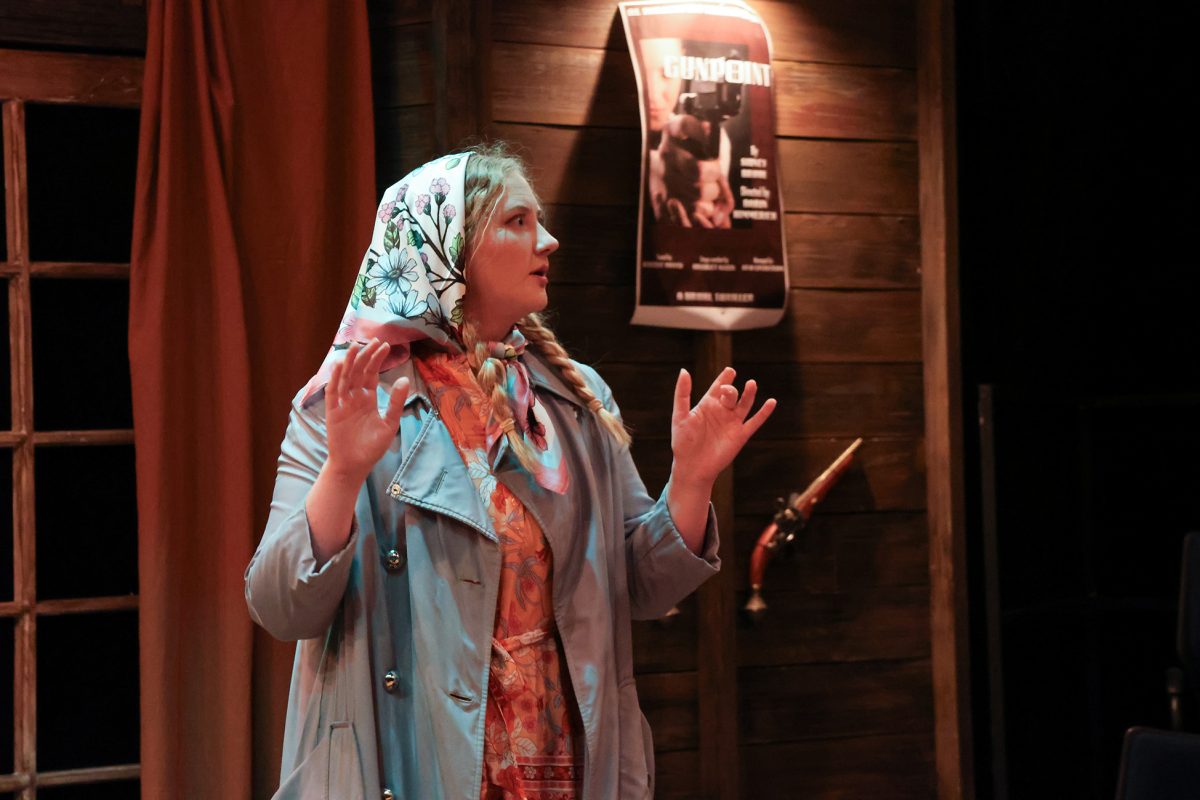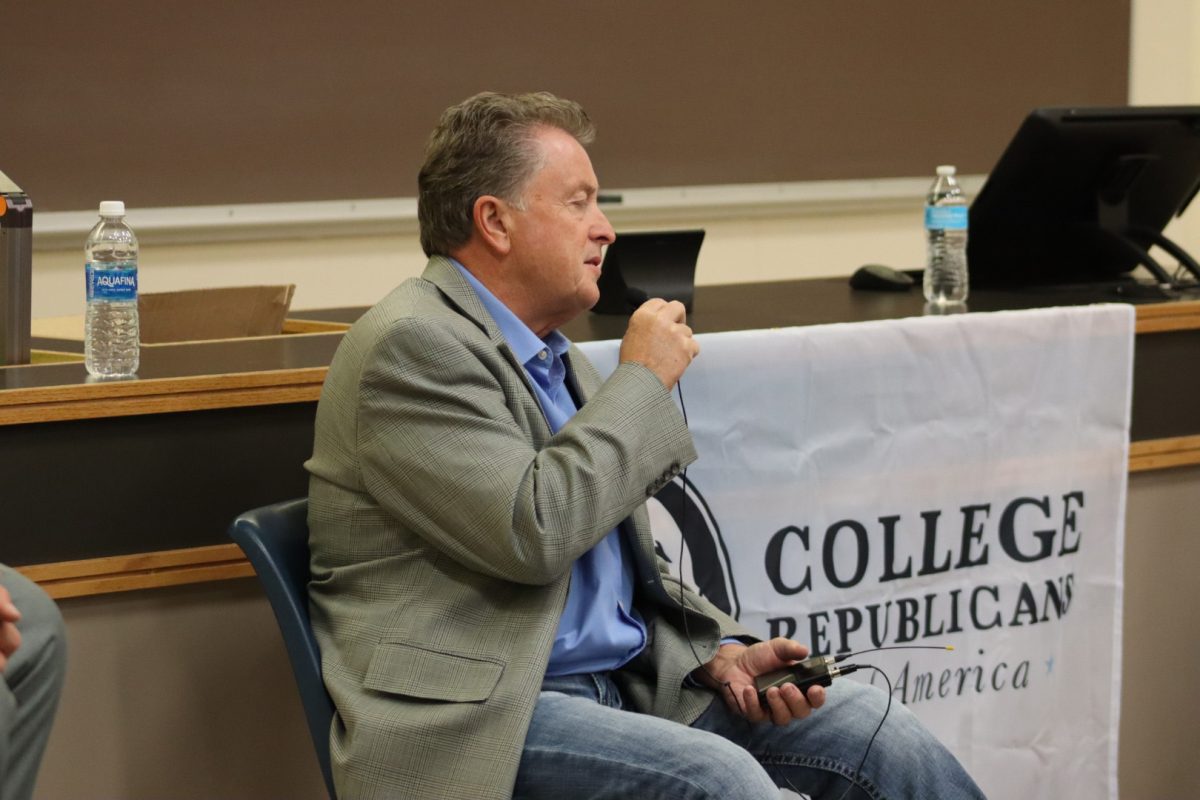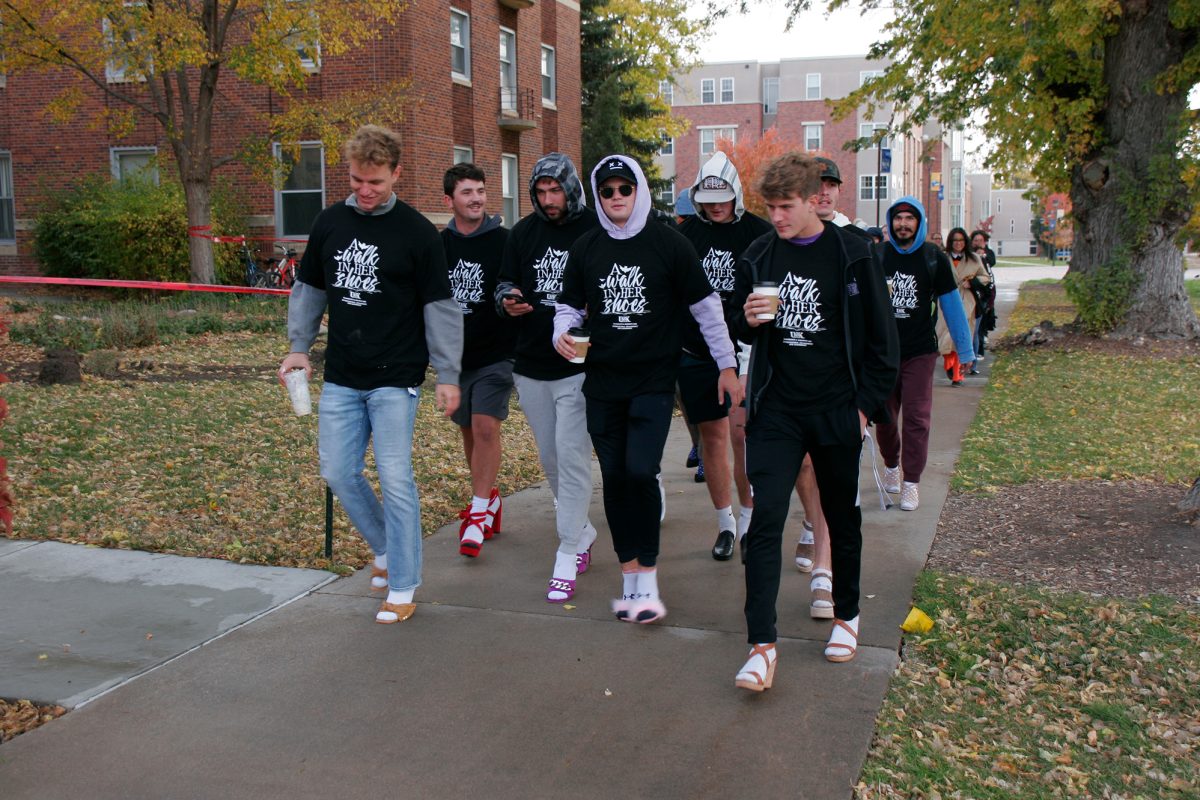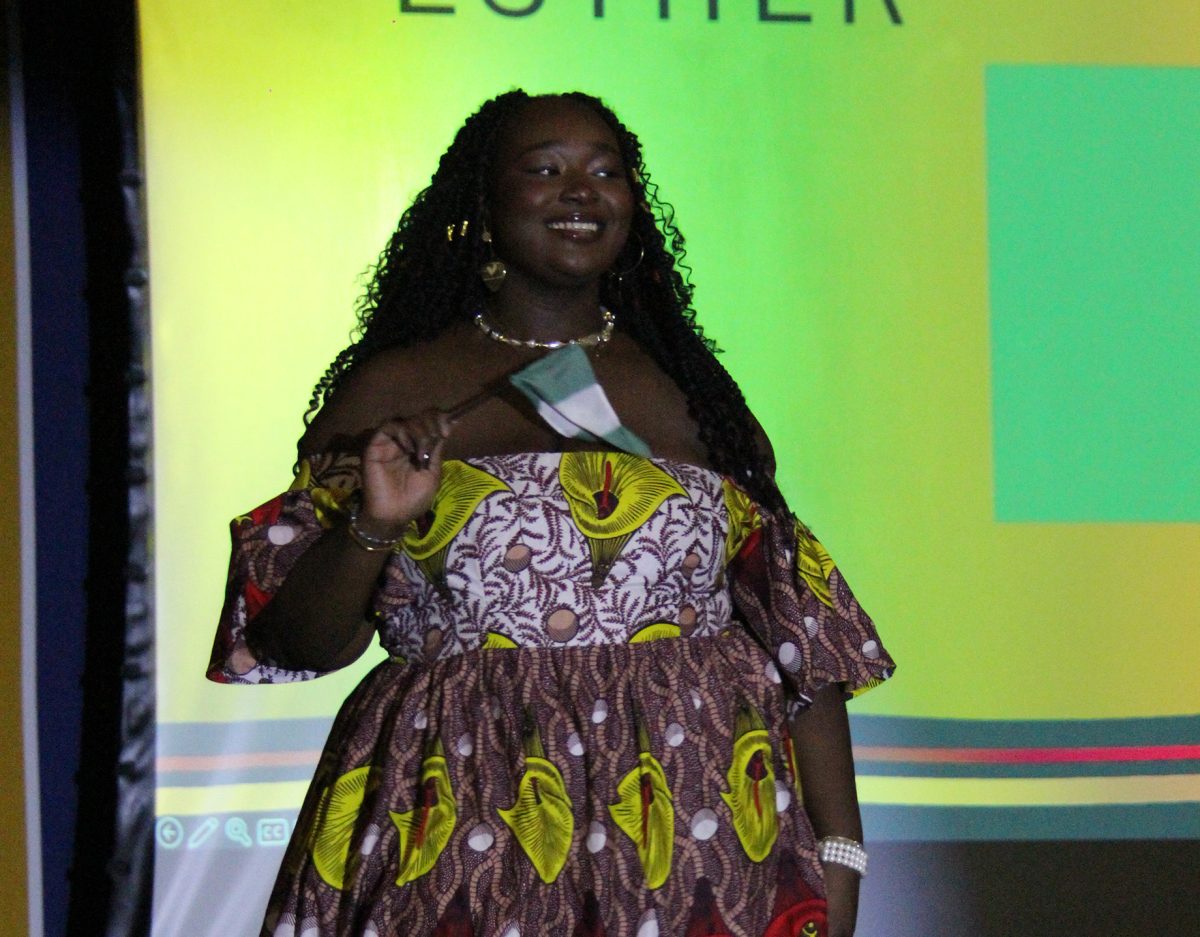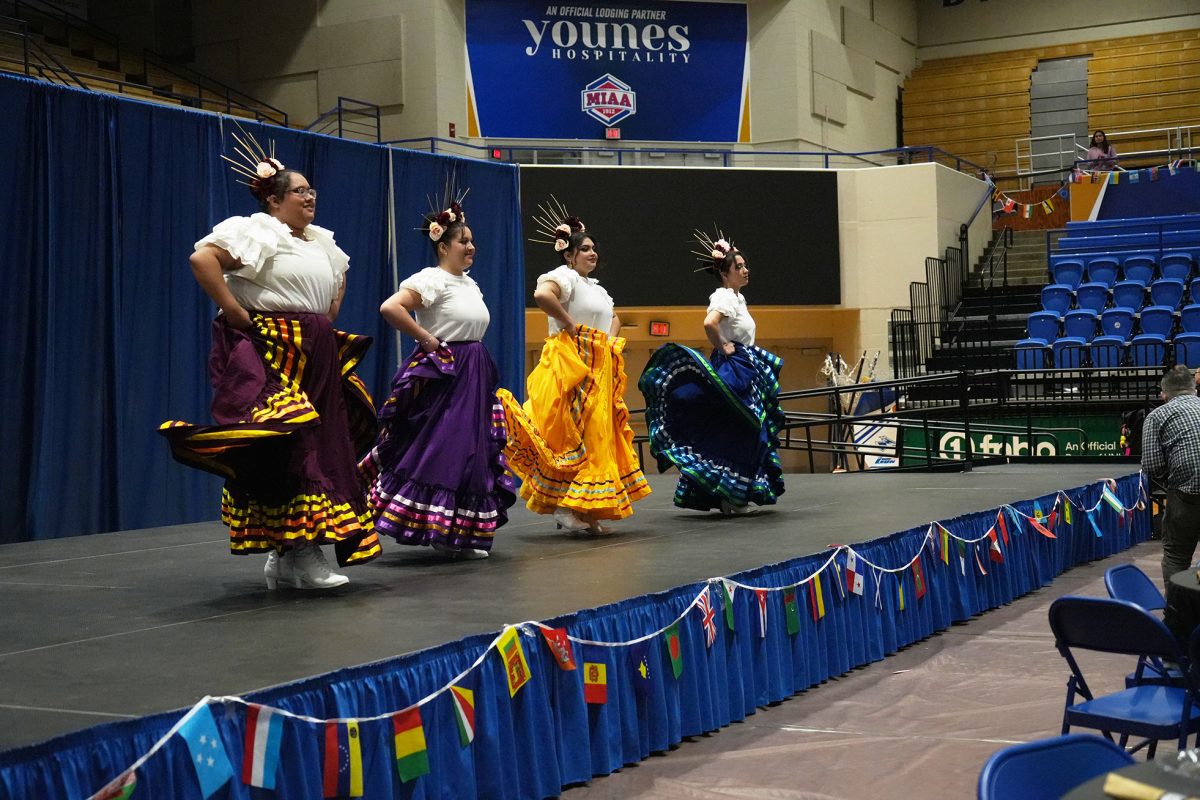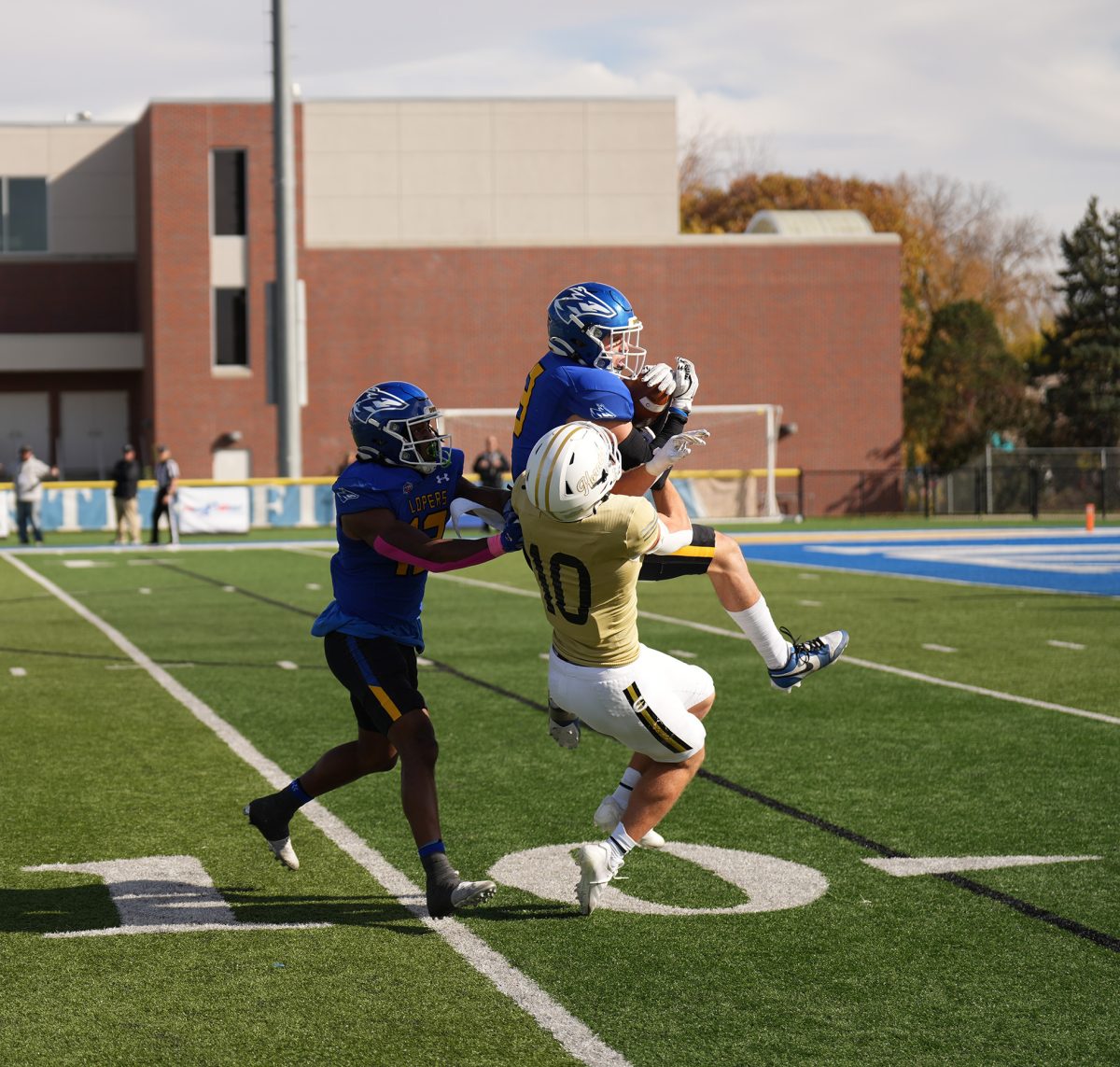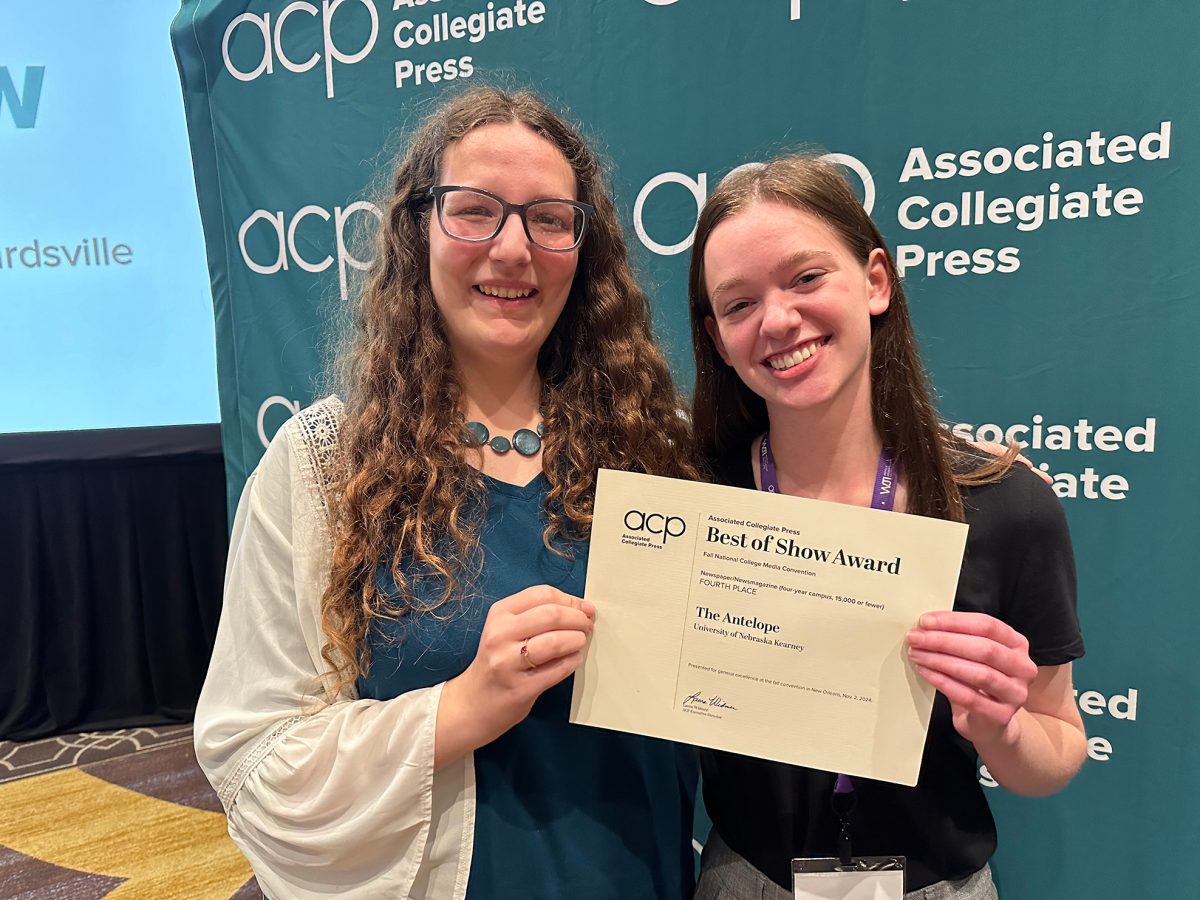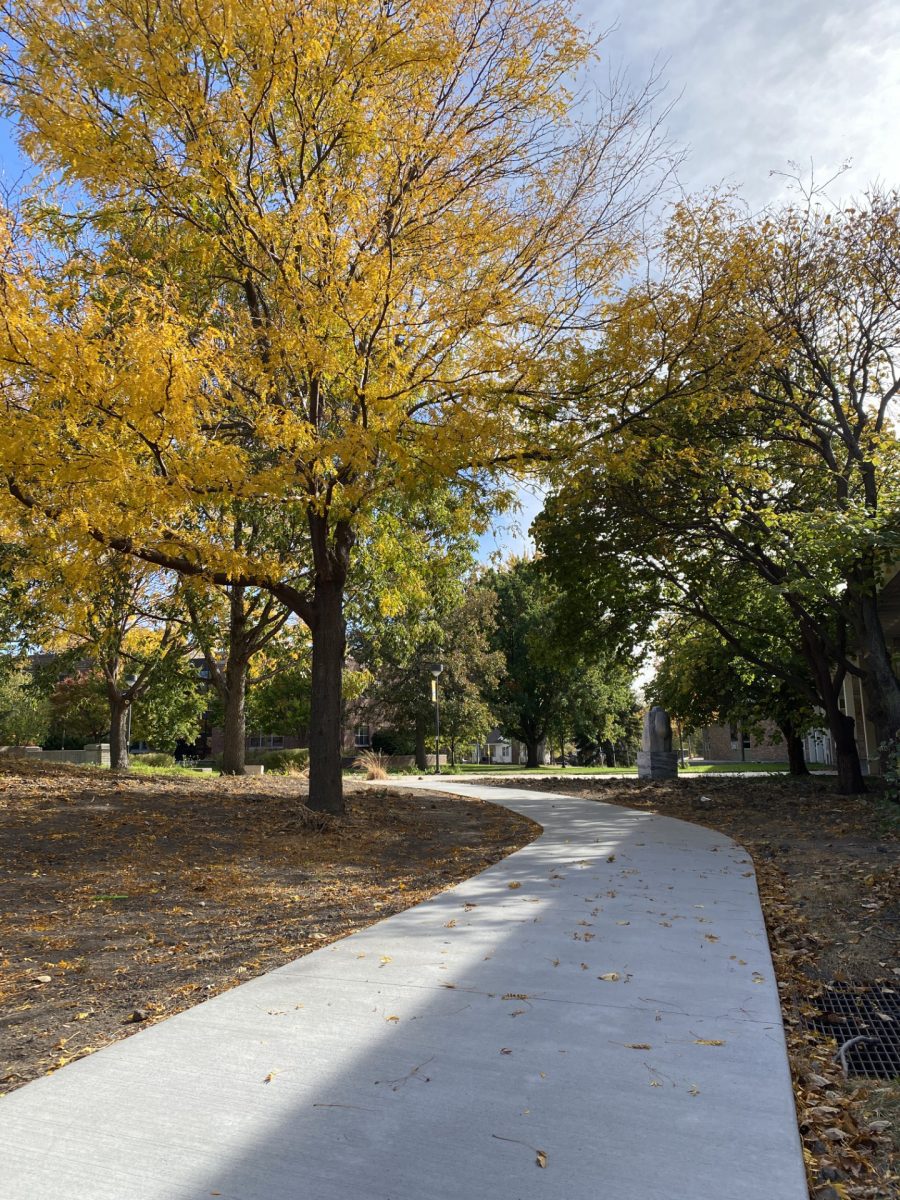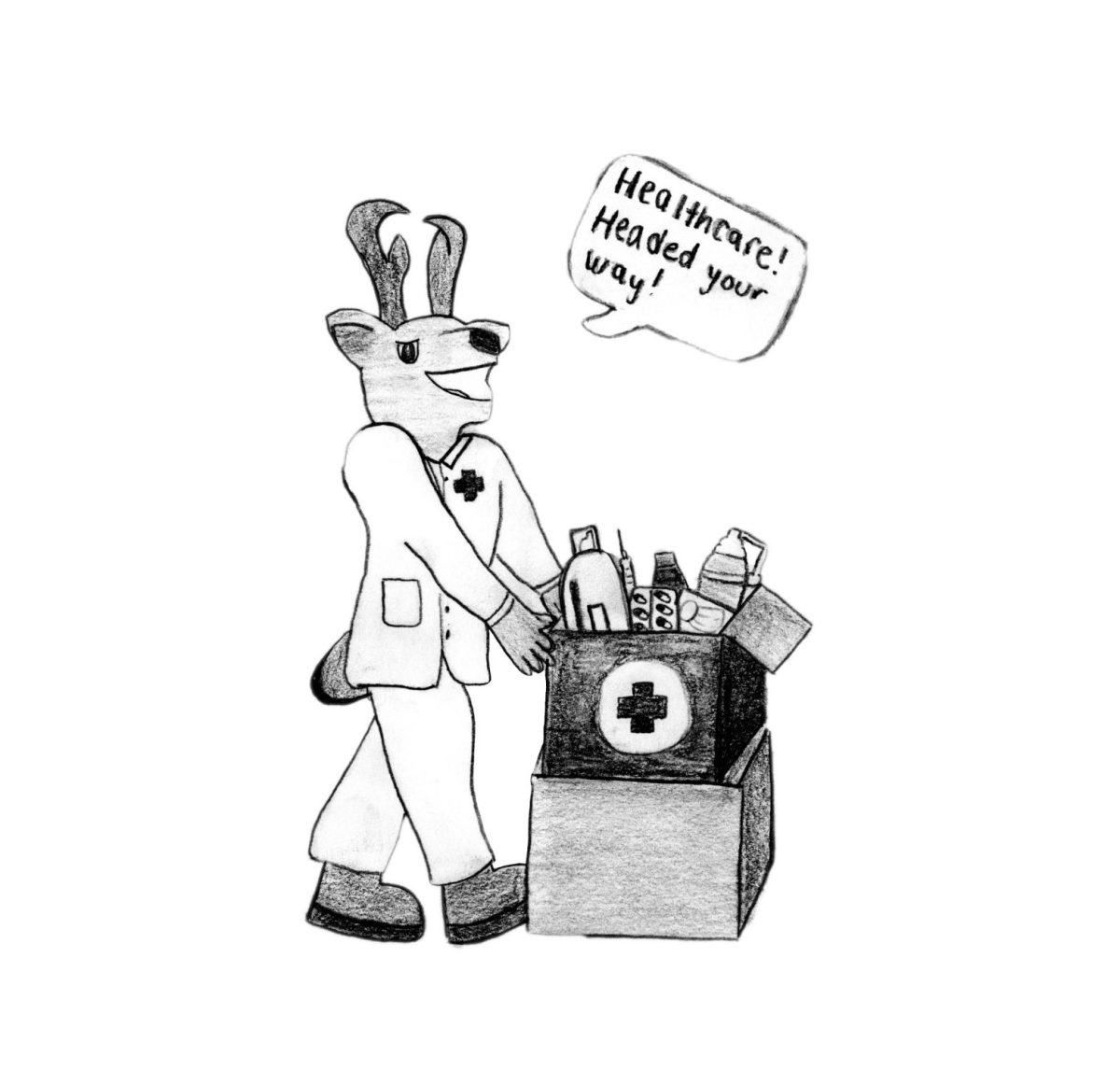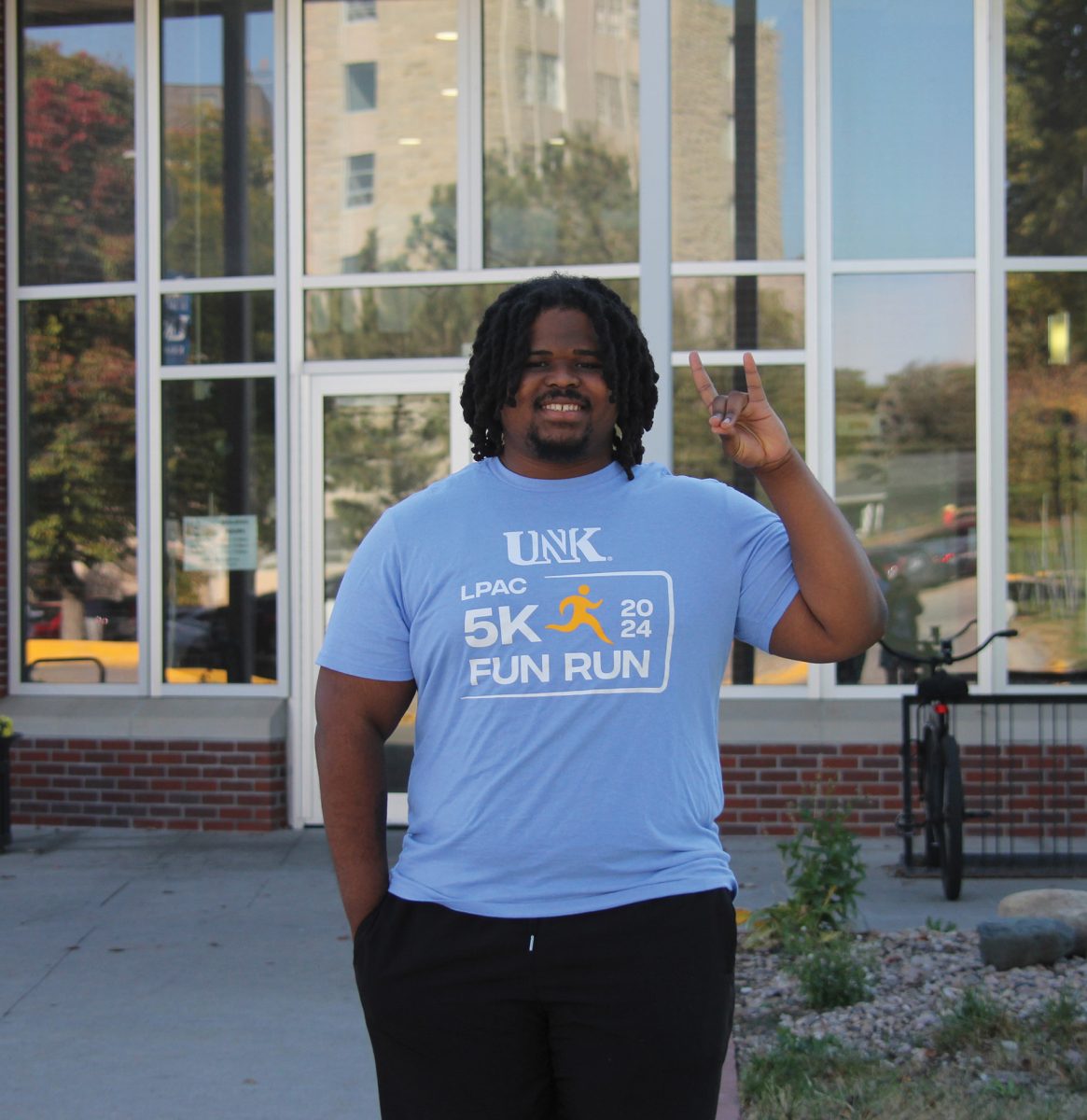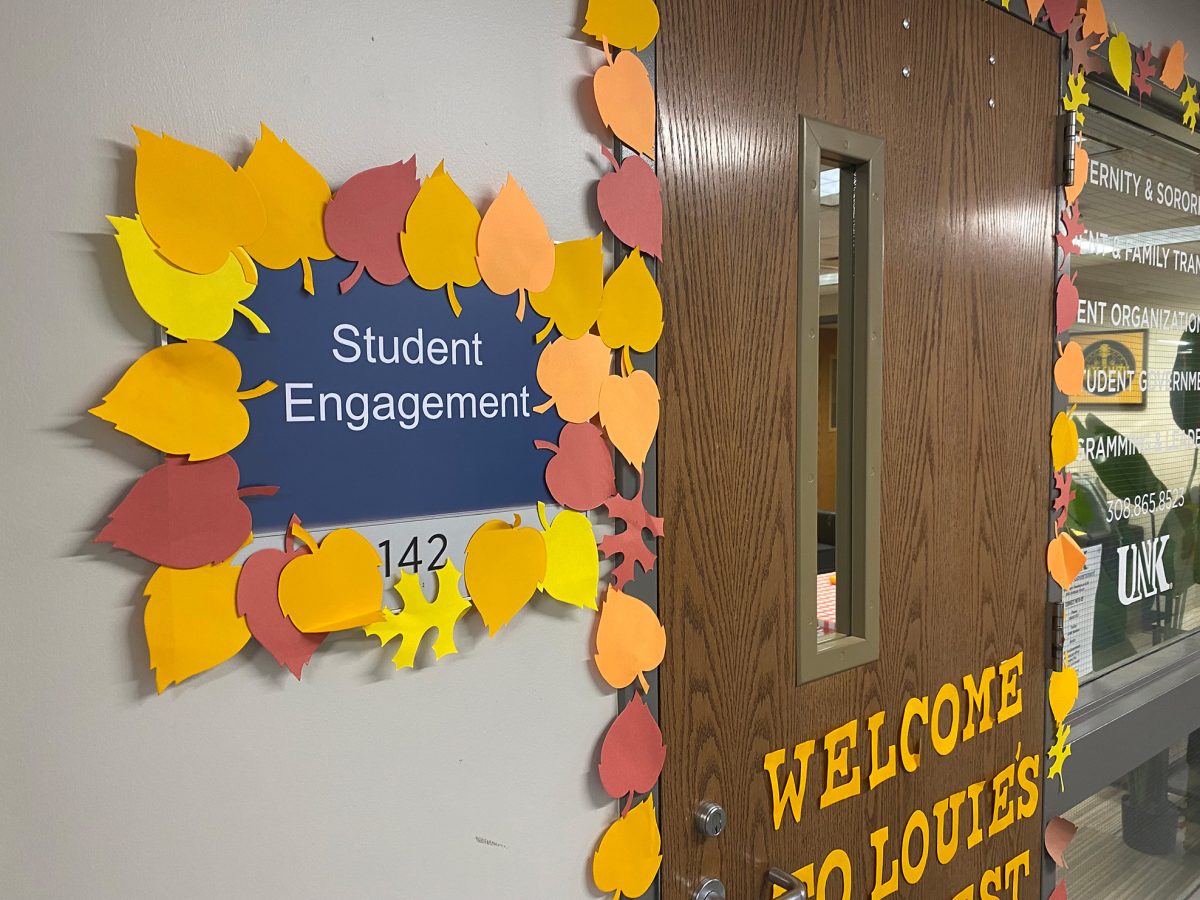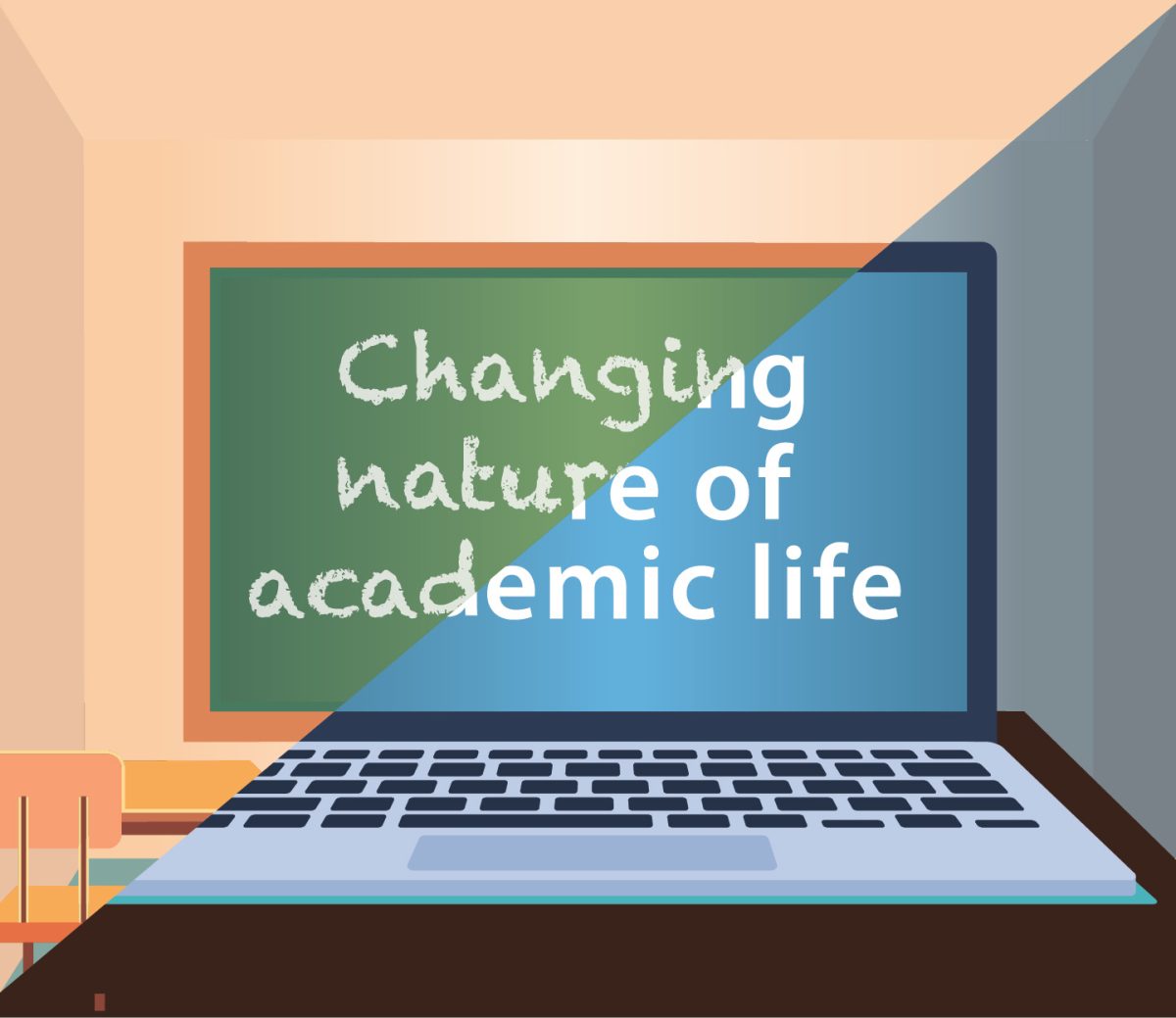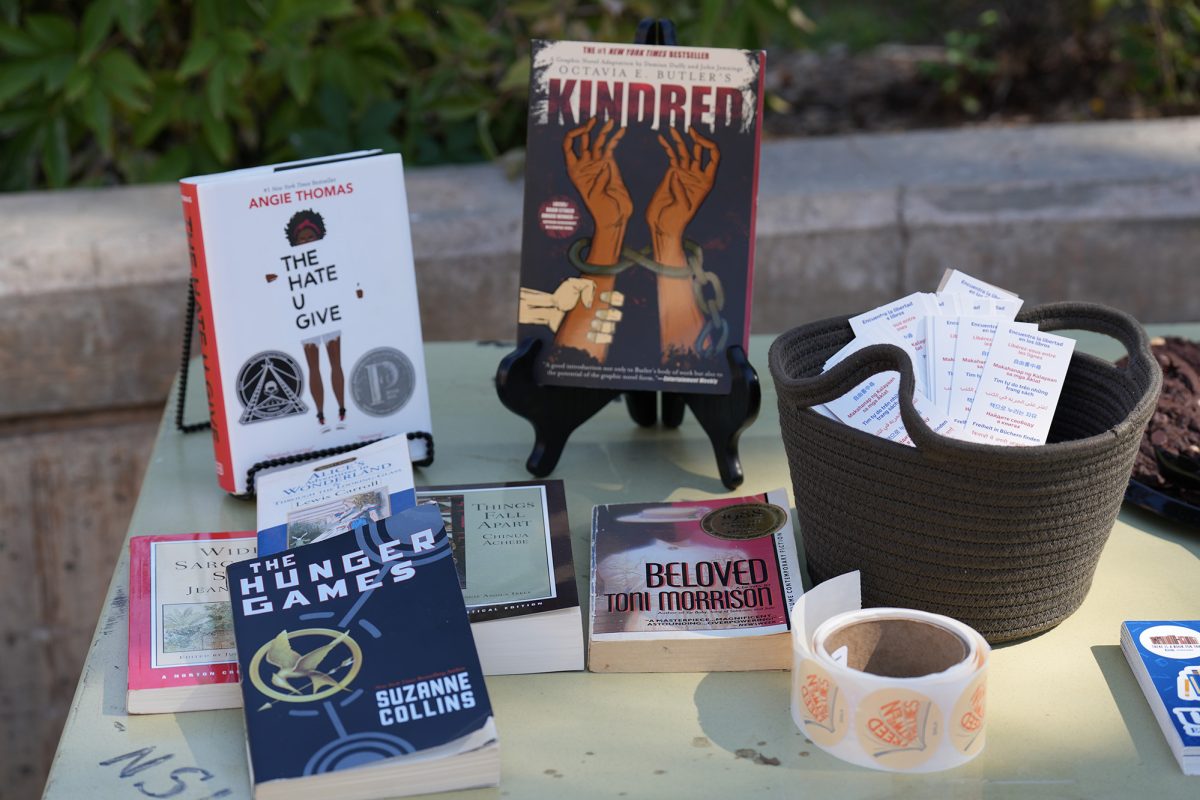“The Hunger Games.” “Harry Potter.” “The Perks of Being a Wallflower.” “Looking for Alaska.” “To Kill a Mockingbird.” “Fahrenheit 451.” “The Giver.”
Classics.
Many of the books we grew up on or read in our high school English classes have fallen under scrutiny. These books have been challenged and banned in libraries across the United States, permitting the growth, education and enjoyment that comes from reading them.
Steps must be taken for a change to happen.
UNK students and professors have started that change by being bold and speaking out. Their simple act has conveyed a powerful message.
Excerpts from banned or challenged books were read aloud in front of the Nebraskan Student Union, visible for passersby to see and hear. While the event only lasted for a few hours, the impact will reach far beyond that short period of time.
Simply seeing our peers speak openly on the subject forces us to stop and consider the issue for ourselves. It piques witness’ interest to look deeper into the matter of book banning. Without people bringing light to the banning, others are likely to not even give it a second thought.
We encourage students to do their own research no matter the issue. Instead of accepting ideas just because everyone else has, it is important to come to our beliefs and conclusions through our own process. The “banned book” label can sometimes be misleading and prevent the exploration of good, thought-provoking literature.
Some books are banned for reasons that aren’t dealbreakers for everyone. Understanding the content of a book and choosing not to read it is different from deciding that no one should be allowed to read it. Many books that have been banned challenge us to think critically or learn something new. It’s OK to be uncomfortable if it helps expand our minds and better us. We suffer when we limit ourselves.
Some books do have justifiable reasons for being banned but we can still use them as a learning opportunity.
The Calvin T. Ryan Library recognized Banned Books Week by hosting a scavenger hunt. Staff members also created a special edition of their book recommendations email dedicated to Banned Books Week. This speaks loudly. Many libraries have received negative reactions from their communities for owning banned books and speaking up on the issue.
We’re happy to see the UNK community raise awareness about book banning. It’s encouraging to see students’ audaciousness and willingness to stand up for what they believe in, as well as the support of faculty and staff.
Don’t stop here.

